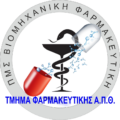The Laboratories
Pharmaceutical Analysis Laboratory
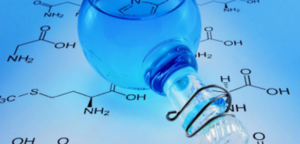
The laboratory specializes in:
- The development of instrumental analytical methods for the quality control of pharmaceutical active compounds and their formulations.
- The study of drug-likeness of compounds
- The design and development of multiparametric separation systems for the study of the retention mechanism of pharmaceutical substances by liquid chromatography
- The development of instrumental analytical methods for the determination of pharmaceutical compounds and their metabolites in biological samples.
Laboratory of Pharmaceutical Technology
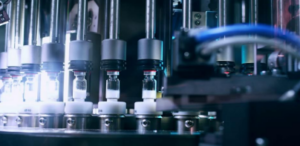
- The pharmaceutical practice and legislation (execution of prescriptions and pharmaceutical-technical work in the pharmacy and in the hospital).
The consideration of medicinal substances and preparations as well as their application and action systems (physical and physicochemical laws) from a physicopharmacological point of view.
The basic pharmaceutical processes on a semi-industrial and industrial scale of raw materials and pharmaceutical substances as well as the design, technology and formulation of these in formulations and cosmetic products.
The assessment of the quality of medicines, cosmetics and generally products of plant origin, preparations and substances and control methods (physicochemical, technological, microbiological, in vivo, etc.).
The biopharmaceutical technology of the preparations and the factors affecting the effectiveness during their in vivo application.
The technological study of factors affecting the receipt, processing, control of natural products and their ingredients.
Pharmaceutical Chemistry Laboratory
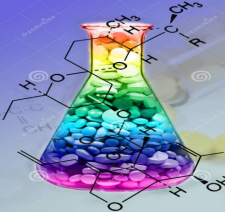
From a chemical and pharmacochemical point of view, the study of substances of pharmaceutical and wider biological interest.
The chemical and pharmacochemical study of compounds (organic, inorganic, organometallic) of wider pharmaceutical-biological interest includes: Design, synthesis (isolation), separation – reception, properties, control (identification, purity, content) and structure of the compounds.
Chemical and pharmacochemical study (action, fate, interaction) of biologically active substances.
Molecular structure/activity relationship of biologically active compounds. The quantitative relationships of all of the above, ie: structure, properties and behavior from a theoretical point of view.
Study of chemical principles and methods that support the development of Pharmacochemistry.
Chemical view of immunology.(All of the above from a pharmacochemical point of view).
Pharmacognosy Laboratory
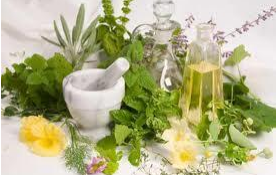
The chemistry of natural products (of plant, animal and mineral origin), i.e. the isolation of active ingredients, identification, control and chemical study (General
Pharmacognosy – Drug Chemistry).
The study of medicinally interesting drugs and aromatic plants (essential oils, alkaloids, etc.: analysis, specifications and methods of their improvement).
Description of drugs, classification, microscopic examination, their cultivation, isolation, identification, control and biogenesis of their natural products (Applied Pharmacognosy).
The application of physicochemical methods used in Pharmacognosy.(All of the above from a pharmacognostic point of view).
Pharmacology Laboratory
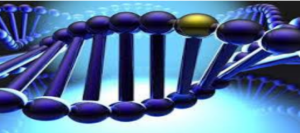
-
The pharmacological development of new drugs and improvement of known pharmaceutical substances and the study of structure and pharmacological action at the biochemical, molecular level (in vitro) as well as in situ (isolated organs) and in vivo (experimental animals).
The pharmacodynamic study of pharmacological actions, adverse effects and drug interactions.
The analysis of the action of chemotherapeutics for microbial infections, parasitic diseases, viruses and neoplasms.
Pharmacokinetic analysis and clinical testing of drugs (mechanisms of drug absorption, distribution, elimination), dosage determination, therapeutic protocols, drug interactions.
The pharmacogenetic study of temperament, metabolic process, addiction, mental and physical dependence and drug resistance.
The immunopharmacological analysis of allergenic agents, medicinal substances, mechanisms of immunosuppression by drugs as well as the pharmacological basis of hypersensitivity phenomena.
The toxicological study of the mechanisms of adverse effects of drugs, natural products, poisons, toxins, teratogens and mutagens in vitro and in vivo.
The study of the pharmacological action of macromolecular agents (vaccines, serums, proteins, hormones, etc.) and metabolic products of microorganisms prepared by biotechnology methods.(All of the above from a pharmacological point of view).
